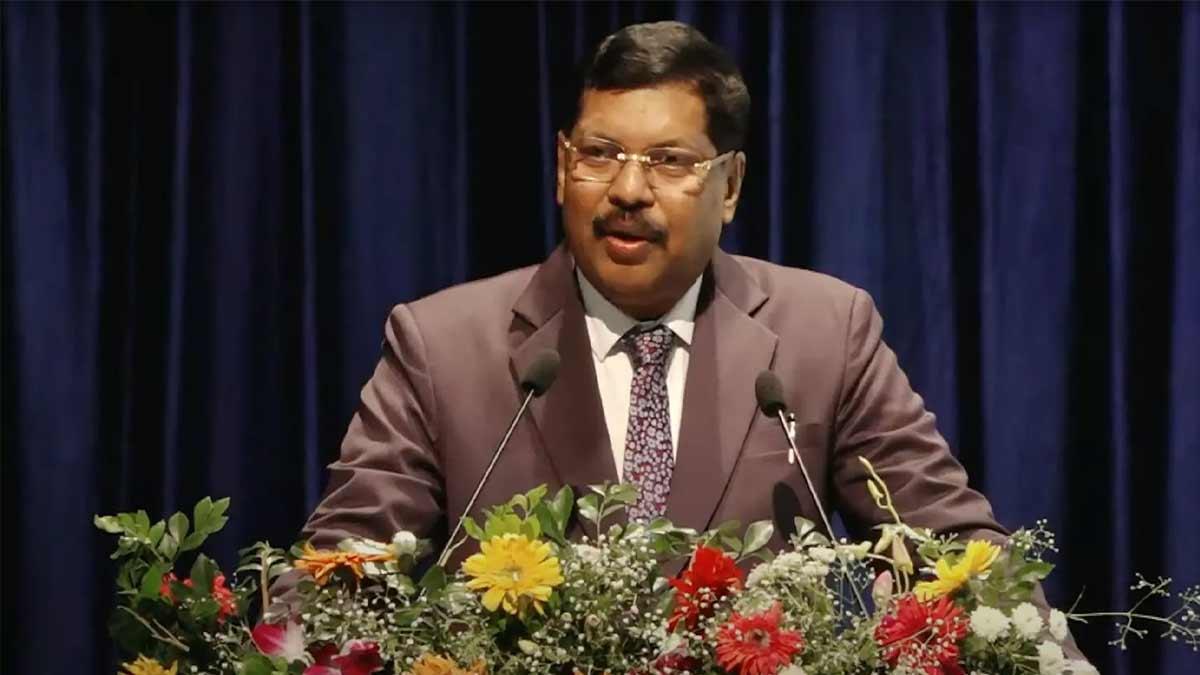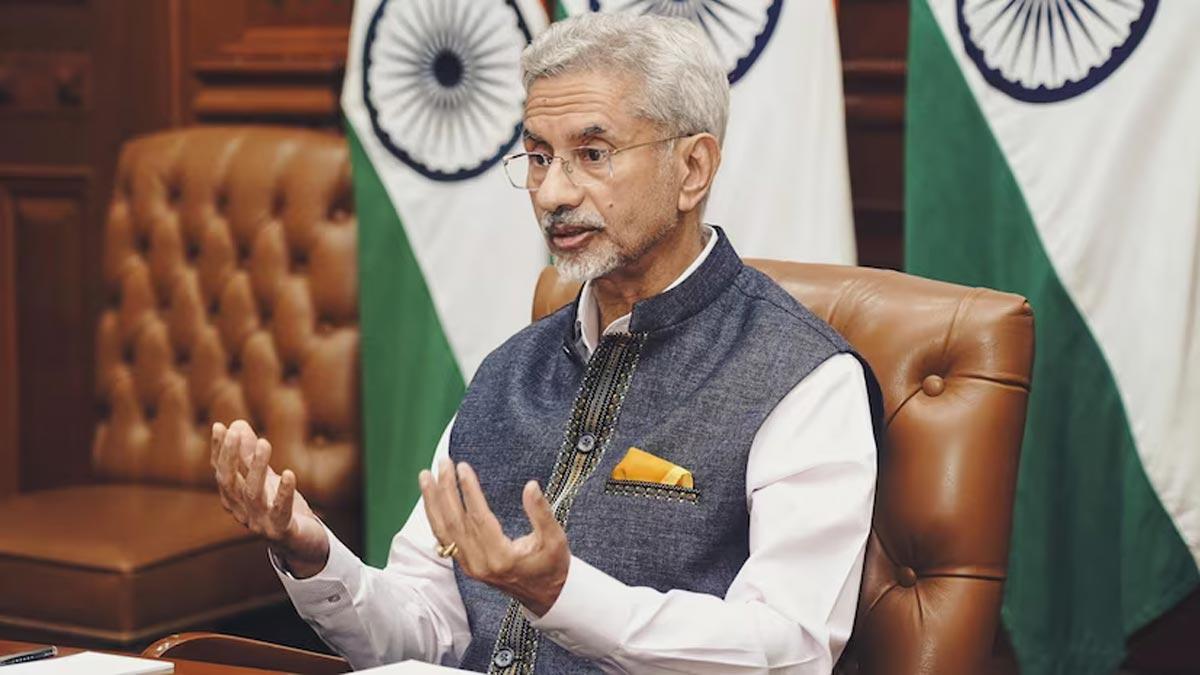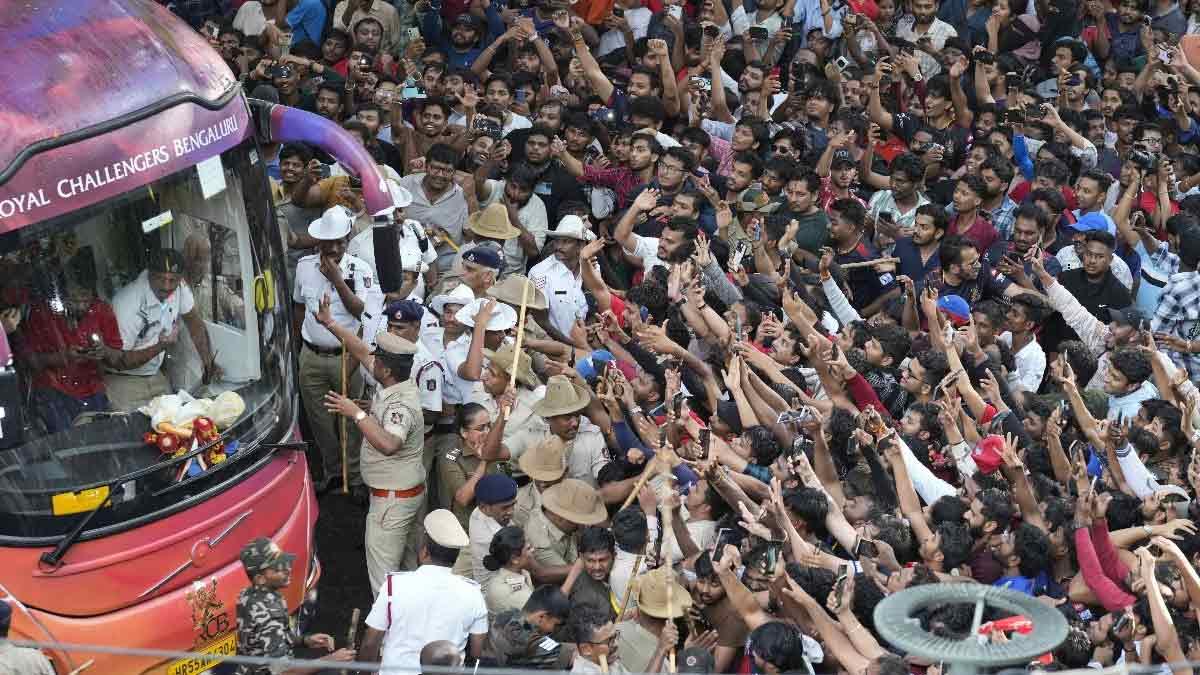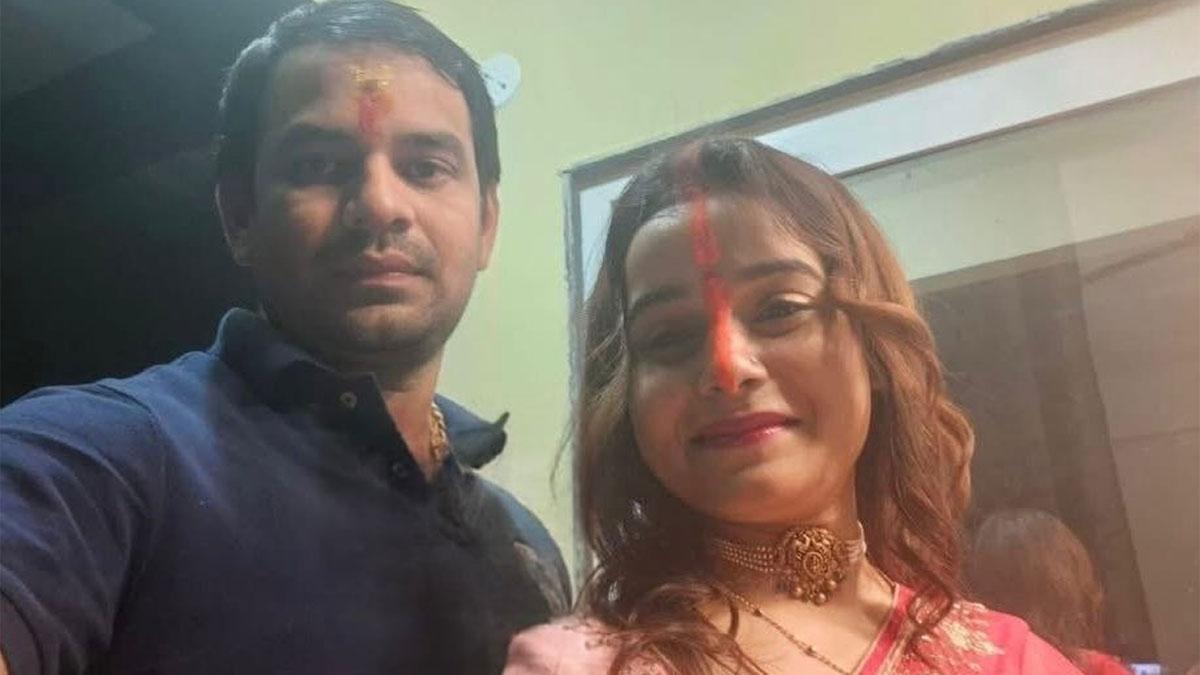Justice B.R. Gavai, who took his oath of office as the 52nd Chief Justice of India (CJI) on Wednesday, administered by President Droupadi Murmu, has made history as the first Buddhist to lead the nation's judiciary.
Justice Gavai’s tenure will span a little over six months, concluding on November 23, 2025, when he will step down from the highest judicial post in India.
Appointing seniormost Supreme Court judge Justice Gavai as the next Chief Justice of India (CJI) with the jurisdiction granted under Article 124(2) of the Constitution, President Murmu performed the appointment. His appointment was officially announced by the Ministry of Law and Justice on April 29.
Raised to the Supreme Court of India on 24th May 2019, Justice Gavai had previously served as an Additional Judge of the Bombay High Court from 2003, reaching permanent status as a Judge two years later in November 2005.
Before his elevation to the judiciary, Justice Gavai was actively practicing constitutional and administrative law. He was also the Standing Counsel for Nagpur Municipal Corporation, Amravati Municipal Corporation, and Amravati University. His career as a legal personality began in 1992 when he was appointed Assistant Government Pleader and Additional Public Prosecutor in the Nagpur Bench of the Bombay High Court, where he served until July 1993. He was then appointed Government Pleader and Public Prosecutor for the Nagpur Bench on January 17, 2000.
During a recent unofficial media interaction, Justice Gavai was pained by the Pahalgam tragedy in Jammu and Kashmir. "The Supreme Court cannot remain silent when the nation is mourning," he said.
While sitting in introspection, Justice Gavai gladly reported that he would become the first Buddhist to assume office as CJI, something that his father, ex-Bihar Governor R.S. Gavai, would have been delighted with. "My father had embraced Buddhism with Baba Saheb Ambedkar. I would be the first Buddhist Chief Justice of the country," he informed.
Justice Gavai insisted on his faith in all faiths, claiming, "I go to temples, dargahs, Jain temples, gurudwaras everywhere," which reveals his broad religious mindset.
Since he has spent his time in service at the Supreme Court, Justice Gavai has rendered considerable contributions towards constitutional law. He was one of the judges who sat in the 7-judge Constitution Bench considering whether sub-classification amongst reserved category groups for the purposes of preferential treatment would be valid according to the Constitution. His suggestion for applying the "creamy layer" doctrine to Scheduled Castes (SCs) and Scheduled Tribes (STs) for advantage of affirmative action gained considerable discussion.
In his detailed opinion, Justice Gavai noted: "When the 9-Judge Bench in Indra Sawhney held that applying such a test (creamy layer test) to Other Backward Classes would promote equality as mandated by the Constitution, then why not this test to Scheduled Castes and Scheduled Tribes?"
He also challenged the merit of comparing the offspring of top officials, like IAS/IPS and Civil Service officers, to those of disadvantaged Scheduled Castes whose kids study in rural schools. "Can one compare a child of IAS/IPS or Civil Service officers with a child of an underprivileged member from Scheduled Castes studying in a Gram Panchayat/Zilla Parishad school in a village?" he asked.
Justice Gavai argued that grouping children of SC and ST parents who, due to the benefit of reservation, have reached higher social, economic, and educational levels with children of parents who still do manual work in villages would go against the constitutional objective of affirmative action.
Read also| India's Defence Budget Surges Over 100% in 11 Years to Strengthen Armed Forces


















